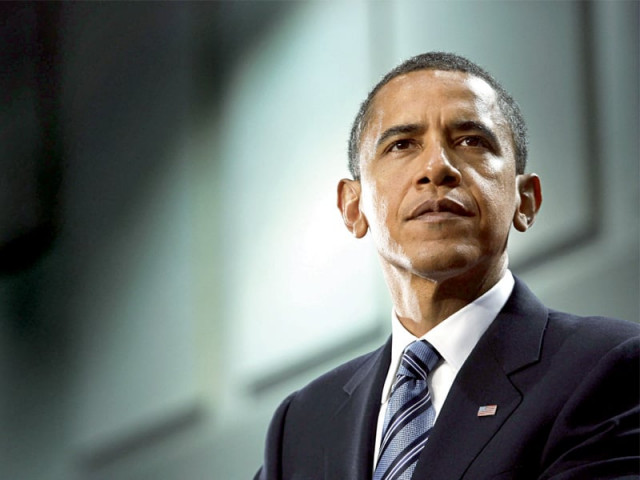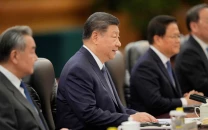US takes careful first steps with new Egypt
Obama spoke to Morsi, Shafiq asking to support democratic process yet tried to avoid US interference accusations.

Mohamed Morsi of the once-banned Muslim Brotherhood was on Sunday proclaimed to be Egypt's first democratically elected president, a year and a half after street protests toppled veteran strongman and US ally Hosni Mubarak.
Despite Morsi's background, the confirmation of his election brought relief to President Barack Obama's administration which feared that the military would not accept his victory and provoke new chaos in Egypt.
Morsi put Washington further at ease shortly after his victory announcement Sunday when he pledged to be a leader for all Egypt -- where around 10 percent of the population is Christian -- and to honour a peace treaty with Israel.
"He's been saying a lot of the right things, both privately and then you saw him say many of the right things publicly," State Department spokeswoman Victoria Nuland told reporters.
"So now as he gets inaugurated and begins taking up his duties, he needs to turn those pledges into action," she said.
The United States lavishly supported Mubarak during his 30 years in power but analysts say US officials will now have to work with multiple centres of power -- including a military seen as restricting Morsi's room for manoeuvre.
Obama on Sunday spoke by telephone with Morsi and pledged to work together "on the basis of mutual respect." He also called losing candidate Ahmed Shafiq, who was close to Mubarak, and asked him to support the democratic process.
But in line with his stance since the start of the Arab Spring pro-democracy protests, Obama has also tried to stay out of the spotlight to avoid accusations of US interference.
Behind the scenes, the administration was more active. Defense Secretary Leon Panetta telephoned Egypt's military ruler Field Marshal Hussein Tantawi twice last week to encourage support for free elections, Pentagon spokesman George Little said.
General Martin Dempsey, the top US military officer, also spoke to his Egyptian counterpart Lieutenant General Sami Hafez Anan both before and after the results were announced, Little said.
"The Obama administration has been fairly muted in terms of what it's said and hasn't, and I think there is some wisdom to that," said Brian Katulis, a senior fellow at the Center for American Progress, a left-leaning think tank.
"The public posturing sometimes can have unpredictable impacts on the political debates in Egypt and sometimes back here as well."
Katulis said that relations with Egypt could move in a similar direction as US ties with Turkey, where Prime Minister Recep Tayyip Erdogan has worked with the United States on issues including Iraq, Afghanistan and Syria.
"We won't always agree on some key issues, but we'll continue to try to work together," Katulis said.
The Obama administration nonetheless put heavy pressure on Egypt at several points since Mubarak's overthrow, including when it persuaded the interim leaders to release 13 foreign NGO workers including six Americans.
Secretary of State Hillary Clinton also fiercely criticized Egypt's military leaders over the treatment of women after a video went viral of helmeted troops ripping off the clothes and beating a veiled woman protester.
Clinton in March nonetheless waived restrictions imposed by Congress and resumed $1.3 billion a year in military aid to Egypt.
Former US diplomat Charles Dunne, who is now a scholar at the Middle East Institute and director of Middle East and North Africa programs at Freedom House, said the administration could do more to promote democracy.
He said the green light on aid gave a perception that the United States was not serious about democracy.
"We've gotten in trouble time and time again for support of the Mubaraks in the region. That has not done our reputation in Egypt and elsewhere any good and I'm afraid that not much has changed," he said.
US lawmakers largely voiced readiness to work with Morsi. Republican Senator John McCain and independent Senator Joe Lieberman said in a joint statement that the United States was less interested in particular candidates than in making elections "a regular and irreversible feature of political life" in Egypt.
But Representative Allen West, a Republican from the right-wing Tea Party movement, criticized Obama for the "Muslim Brotherhood takeover," writing on his Facebook page: "Clearly the Arab Spring is nothing more than a radical Islamic nightmare."


















COMMENTS
Comments are moderated and generally will be posted if they are on-topic and not abusive.
For more information, please see our Comments FAQ